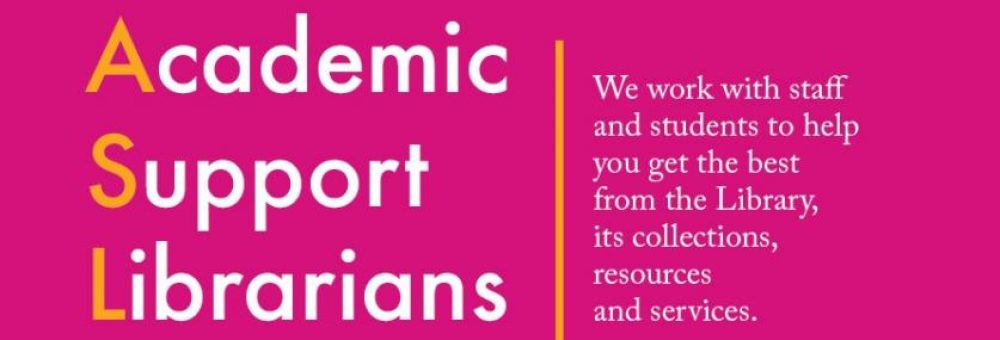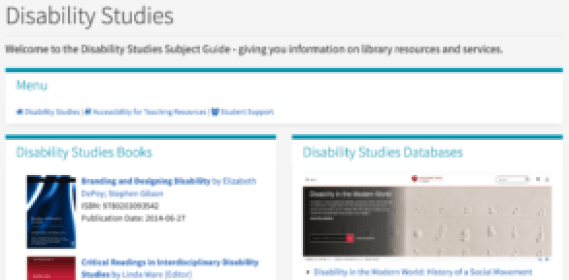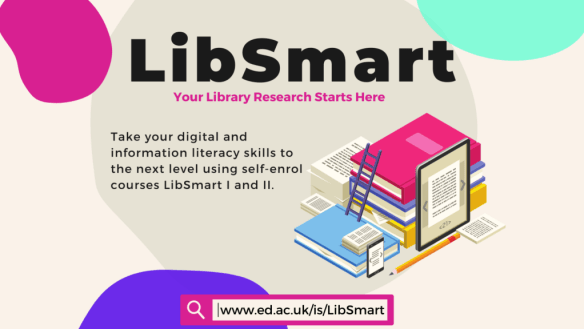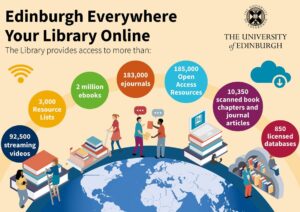
Ruth Jenkins, SarahLouise McDonald and Christine Love-Rodgers at LILAC 2022
The LILAC 2022 conference in Manchester this April was a challenge and a pleasure to attend : my first real life, in person conference for two years! I put aside my laptop with the distraction of its constant stream of email to concentrate on being present in the conference and using my LILAC notebook and pen.
Alongside my colleagues, I was there to present papers about the projects we’d delivered in the COVID years, including LibSmart, our online information literacy course. We’ve developed LibSmart I to develop student information literacy skills to support student transition into the first years of an undergraduate course, and LibSmart II to support student transition into Honours and PG dissertation research. We had lots of great questions about the courses, and interest from Uppsala and Gothenberg Universities in Sweden who are keen to develop similar projects.
Student transitions in information literacy was a key theme of the conference. I attended a session by Paul Newnham on Information literacy and the transition to university education : Reflections and initial findings from Lancaster University. This research study aimed to understand student needs for information literacy and how the Library can support students with information literacy and critical thinking skills. Using qualitative data from groups in Blackpool Sixth Form College and Lancaster University, the study found that both lecturers and teachers thought that students’ ability to find information had deteriorated over the last 10-15 years. However there was wide understanding of the importance of referencing and plagiarism.













